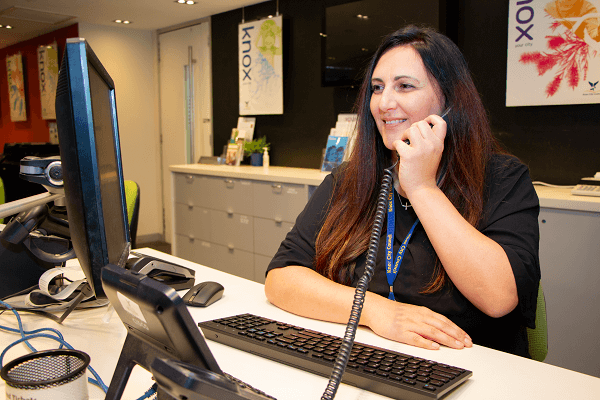Australian business, government and sport leaders are being urged to back a new strategy to achieve gender equality in sport by 2025.
Business leader, philanthropist and passionate advocate for equality and health, Susan Alberti AC, invested in the development of a unifying vision and set of priorities to achieve this goal, saying the work is long overdue.
“There has never been a more exciting time for women and girls in sport in Australia. Our elite women are now among the best and most admired globally and previously male-led and dominated sports are now opening up for all.
“At the same time, some organisations at grass roots, state and national level are still really struggling to envisage what true equality looks like and how to get there,” she said.
To help address the issue, Alberti funded the establishment of the Australian Women in Sports Advisory Group which is chaired by Professor Clare Hanlon from Victoria University. A powerhouse of Australian leaders was drafted to the group including CEO of Sport Australia Kate Palmer AM; leading sport administrator and CEO of Collingwood Football Club, Mark Anderson; PwC CEO Luke Sayers AM; Westpac Director and former Chairman of KPMG, Peter Nash; the Male Champions of Change Sport Program Director, Julie Bissinella; and Susan Alberti.
The result is a strategy focused on achieving no boundaries for women and girls in sport and, according to Kate Palmer, it’s exactly what the sector needs to accelerate change:
“This provides a blueprint for gender equality that sports can customise rather than start from scratch.”
“The strategy includes the business case for gender equality, the priorities we need to focus on, and a framework for measuring progress and success. Anyone involved in sport can pick it up and in 5 minutes figure out the role they can play.”
Australian Sex Discrimination Commissioner Kate Jenkins welcomed the Advisory Group stating “I commend Susan Alberti’s leadership and advocacy for women and girls in sport”.
“Women’s equality and participation in sport is one of my priorities as Sex Discrimination Commissioner and I welcome initiatives such this.”
Male Champions of Change Sport working with McKinsey has developed the framework for sports organisations to assess their progress. Founder and Convenor of the group Elizabeth Broderick said having clear measures for tracking change is critical:
“The days of token efforts are long gone, and gender equality and pay equality in sport won’t happen through good intention. We can see clearly that when you invest in and develop women and girls equally with men, the market expands and the whole sport lifts.”
Professor Clare Hanlon said support for “No boundaries” has been incredible so far.
“The physical, psychological, health and community benefits of getting more women and girls into sport is so clear. We have such momentum and now is the time to harness that for lasting change. It’s been amazing to see business, sport, government, fans and athletes get behind this work,” she said.
“No Boundaries for women and girls in sport” will be officially launched in early 2020. At the same time, and in a world first, the 18 members of Male Champions of Change Sport will publicly report progress against the detailed and consistent set of gender equality and pay equality measures which form part of the strategy.
Vision, priorities & aspirations
Vision
No boundaries for women and girls in sport and physical activity
Priorities
1. Promote the diverse benefits of investing in women and girls.
Examples of deliverables include:
- create a systematic advocacy campaign designed to activate and engage decision- makers
- develop a communication plan that clearly articulates the compelling rationale for change
- launch and unite leaders and communities through #noboundaries.
2. Introduce compulsory sport and physical activity into schools to drive physical literacy.
Examples of deliverables include:
- create an enhanced national program to embed sport and physical activity
- embed a national sport physical literacy framework
- develop and launch an advocacy strategy and campaign for physical activity.
3. Mandate gender equality for sport and physical activity organisations that receive government investment.
Examples of deliverables include:
- produce a succinct definition for gender equality
- agree the key measures that will be universally applied to measure gender equality in sport organisations
- provide guidelines and a road map that support organisations to implement gender equality.
Aspirations
We will know there are no boundaries and we have been successful when:
- Australia is a global leader in empowering women and girls through sport and physical activity
- women and girls from all backgrounds have a life-long love and engagement in sport and physical activity
- women and girls are inspired by, feel welcome in, and have equality of opportunity to participate, lead and work in all aspects of sport and physical activity
- women and men play in similar competitions for equal prize money
- infrastructure is in place for women and men to participate in the sport they choose
- women who play and lead in sport are equally valued, recognised and celebrated
- Australia is a desired destination for international investment in women participating in sport
- quotas and industry standards are no longer needed for women in sport and physical activity.








